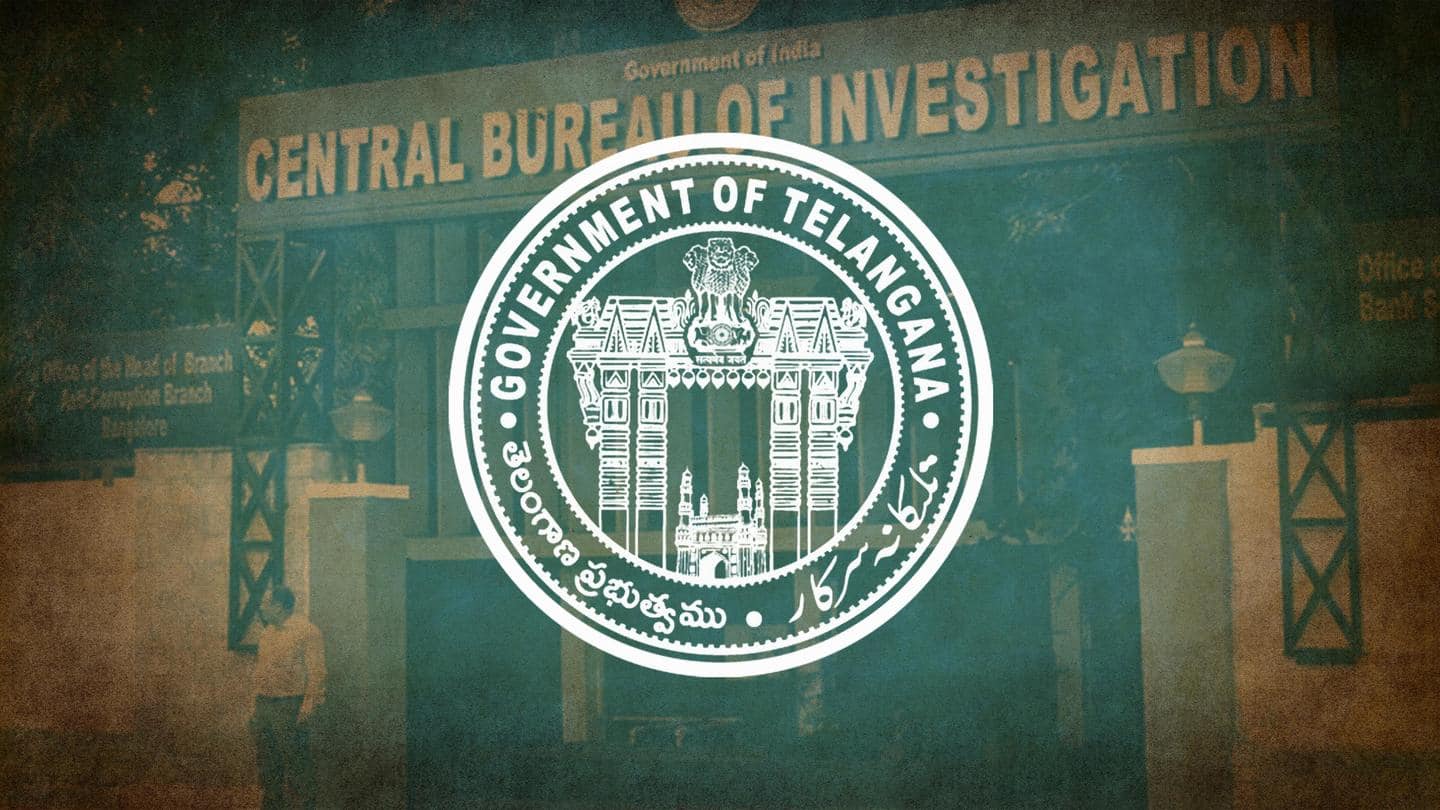
TRS government withdraws 'general consent to CBI' in Telangana
What's the story
The Telangana government has withdrawn general consent earlier given to the Central Bureau of Investigation (CBI) in the state.
The order in this regard was issued on August 30 withdrawing general consent to the probe agency in the state, Telangana High Court was informed.
It means for all future investigations, CBI will require prior approval on a case-by-case basis.
Context
Why does this story matter?
The development comes in the midst of the political conflict between the Telangana Rashtra Samithi (TRS) government and the Centre
The government claimed that the Centre was abusing investigation agencies to further its political agenda, so it revoked the CBI's consent.
Meanwhile, Telangana became the tenth state after Meghalaya, Maharashtra, Punjab, Rajasthan, West Bengal, Jharkhand, Chhattisgarh, Kerala, and Mizoram to issue the order.
Court proceedings
AAG informs high court on BJP's plea
According to The Indian Express, the Additional Advocate General (AAG) informed the Telangana High Court about the withdrawal order during arguments on a petition filed by the BJP seeking a CBI probe into the TRS MLAs poaching case involving three BJP leaders.
The development comes after the BJP and TRS have indulged in a war of words over several issues.
Details
What do we know about the case?
Meanwhile, the AAG informed the court that the Telangana government's Home Department issued the order on August 30 withdrawing all previous general consents issued by it under the Delhi Special Police Establishment (DSPE) Act, 1946.
AAG also submitted that the petitioner does not have locus standi to file this writ petition.
Information
CBI governed under DSPE Act
Unlike National Investigation Agency (NIA), which has nationwide jurisdiction, CBI needs permission before beginning a probe as it is governed by the Delhi Special Police Establishment (DSPE) Act, 1946.
Under Section 6 of the DSPE Act, the CBI needs the state government's consent to exercise its powers.
Only the Union territories and railway areas fall under its default jurisdiction.